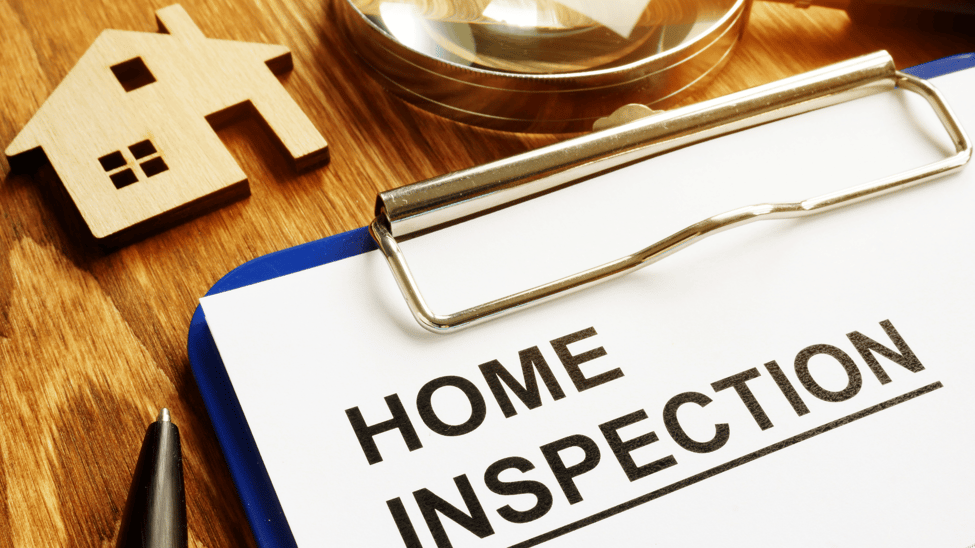Buying or selling a home is a big deal, and one step you don’t want to skip is the home inspection. It’s like a health check-up for the house revealing potential problems before they become expensive nightmares. Whether you’re a buyer or a seller, understanding what to look for during an inspection can save you time, money, and stress.
Why Are Home Inspections Important?
For buyers, a home inspection helps ensure you're making a sound investment. No one wants to move in and discover a leaky roof or faulty wiring. A thorough inspection can give you leverage to negotiate repairs or even reconsider a purchase if the issues are too severe.
For sellers, getting a pre-listing inspection can help you avoid surprises. Fixing problems beforehand can make your home more attractive to buyers and prevent last-minute deal-breakers.
What to Look for During a Home Inspection
1. Foundation and Structural Issues
Cracks in the foundation, uneven floors, or doors that don’t close properly could indicate serious structural problems. These can be costly to fix and should never be ignored.
2. Roof Condition
A roof in poor condition can lead to leaks, mold, and costly repairs. Look for missing shingles, water stains on ceilings, or signs of sagging.
3. Electrical System
Old or faulty wiring is not only a fire hazard but can also lead to expensive rewiring costs. Check for outdated panels, flickering lights, or exposed wires.
4. Plumbing and Water Damage
Leaky pipes, water stains, or low water pressure could indicate plumbing issues. Inspect under sinks, around toilets, and in the basement for any signs of water damage.
5. Heating and Cooling Systems
A broken HVAC system can be a costly fix. Make sure the heating and cooling units are working properly and have been maintained.
6. Pest Infestations
Termites, rodents, or other pests can cause significant damage. Look for droppings, chewed wood, or signs of nests.
7. Mold and Mildew
Musty smells, black spots on walls, or excessive moisture can indicate mold problems. Mold can affect air quality and lead to health issues.
What to Do After the Inspection
For Buyers: If major issues are found, you can negotiate repairs with the seller, ask for a price reduction, or decide to walk away.
For Sellers: Addressing problems before listing can make your home more appealing and prevent delays in closing the deal.
Final Thoughts
A home inspection is one of the most important steps in the buying or selling process. It gives buyers peace of mind and helps sellers avoid unexpected surprises. Whether you're looking to move in or move on, a good inspection can make all the difference!
 289 700 3097
289 700 3097
 Email: laurita@
Email: laurita@


 www.lauritarealtor.com
www.lauritarealtor.com